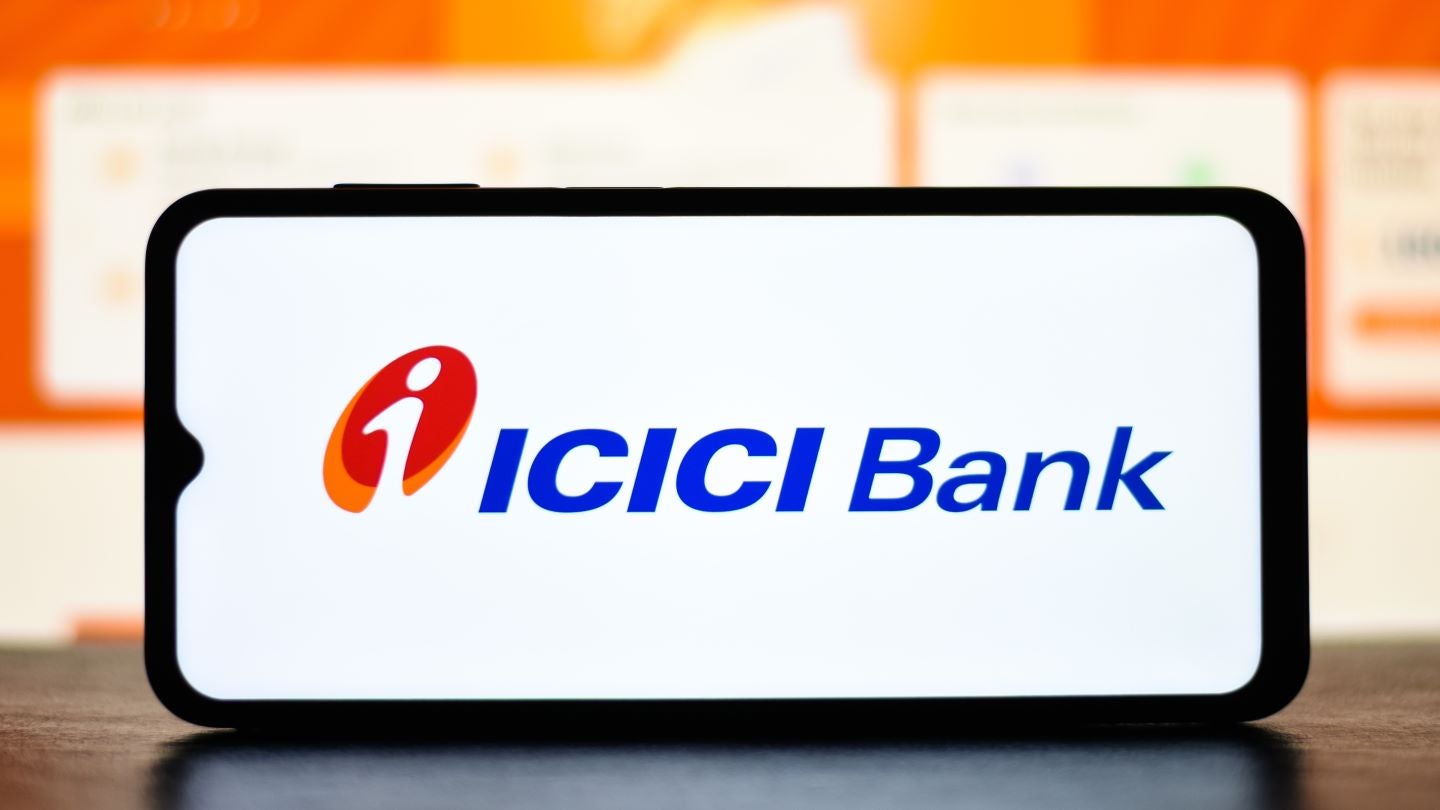The financial technology (FinTech) sector is reshaping the way we think about banking and financial services. What once seemed like a traditional, stable, and rigid industry is being challenged by innovative startups using technology to streamline services, reduce costs, and improve customer experiences. This disruption is not just limited to the services offered by banks but is also profoundly impacting the job market within the banking sector. As FinTech startups grow in influence, they are creating new opportunities while simultaneously transforming or even replacing traditional banking roles.
The Rise of Financial Technology Startups
Financial technology startups have emerged as powerful players in the finance industry, leveraging technology to address longstanding inefficiencies in traditional banking. These startups focus on offering faster, more affordable, and more accessible financial services, from mobile payments and peer-to-peer lending to robo-advisory services and blockchain technology. By using artificial intelligence, data analytics, and cloud computing, FinTech companies have been able to disrupt conventional banking services, providing consumers with a more user-friendly, digital-first experience.
These innovations are transforming how people manage their finances and access banking services, especially as consumers demand convenience, speed, and personalization. As a result, the growth of FinTech startups has led to a significant shift in the types of roles being offered within the banking and financial sectors.
The Shift in Job Roles and Skill Sets
Traditional banking roles, such as tellers, loan officers, and account managers, have long been the cornerstone of the banking job market. However, the rise of FinTech companies is reshaping the demand for specific roles. Many routine tasks that once required human interaction are now being automated or digitized, making certain positions obsolete. For example, tasks like data entry, transaction processing, and customer service are increasingly being handled by AI-powered chatbots and self-service portals.
As a result, the demand for professionals with skills in technology, data analysis, cybersecurity, and software development has surged. FinTech startups require talent with expertise in areas such as machine learning, blockchain development, and cloud computing, which are not typically associated with traditional banking roles. This shift has led to the creation of new job categories, such as data scientists, blockchain engineers, cybersecurity experts, and product managers in the financial technology space.
Moreover, there is growing demand for professionals who can bridge the gap between technology and finance, such as FinTech consultants and digital transformation specialists. These hybrid roles combine knowledge of traditional financial services with the technical expertise needed to implement FinTech solutions in a banking environment.
New Opportunities for Innovators
While traditional banking roles are becoming less prominent in some areas, FinTech startups are also opening up exciting new opportunities for professionals with an entrepreneurial mindset and a passion for innovation. Many FinTech companies encourage creative problem-solving and are actively looking for individuals who can think outside the box and push the boundaries of what financial services can offer.
Startups, by their nature, tend to have a more agile and flexible work culture, often offering employees a chance to work on cutting-edge technologies and disruptive solutions. This environment fosters opportunities for growth and development in areas like mobile banking, peer-to-peer lending, and cryptocurrency. For individuals with a keen interest in these emerging sectors, FinTech startups offer a fertile ground for career advancement.
For instance, blockchain technology, which underpins cryptocurrencies like Bitcoin, has created a surge in demand for blockchain developers. These developers are responsible for building and maintaining the decentralized platforms that promise to revolutionize financial transactions. Similarly, the growing popularity of robo-advisors has increased the need for data analysts and AI specialists to design algorithms that help consumers make better investment decisions.
Additionally, many FinTech startups are focused on financial inclusion, creating products designed to serve underbanked and underserved populations. As a result, there are new opportunities in roles such as financial product designers and social impact specialists who can help design inclusive solutions that benefit a wider range of people.
The Impact on Traditional Banking Institutions
Traditional banks are not immune to the rise of FinTech startups. While many large banks have started to invest in their own digital transformation initiatives, others are feeling the pressure from these agile competitors. In response, traditional banks are now recruiting talent with FinTech expertise to keep up with industry changes and compete in an increasingly digital marketplace.
As the job market evolves, banks are seeking professionals who can manage and lead digital transformation projects, integrate new technologies into legacy systems, and drive innovation in product development. Roles such as digital product managers, innovation leads, and FinTech partnership managers are now common within traditional financial institutions, reflecting their desire to adapt to the changing landscape.
Moreover, collaboration between traditional banks and FinTech startups is becoming more frequent. Many banks are opting for partnerships with FinTech companies to enhance their existing services, such as integrating mobile payment systems or offering more advanced analytics for their customers. This collaboration is helping banks stay competitive while also offering job opportunities for individuals who possess both traditional banking knowledge and technical expertise.
Navigating the Disruption
While the FinTech revolution offers exciting career opportunities, it also presents challenges for professionals within the traditional banking sector. To stay relevant in a rapidly changing job market, banking professionals need to continuously upskill and adapt to new technologies. For example, professionals in customer service roles might benefit from learning how to manage AI-driven customer support systems, while those in finance roles could explore courses on blockchain or data analytics.
In addition to technical skills, it’s also important to develop a growth mindset and the ability to think strategically about how technology can be leveraged to improve banking services. FinTech startups thrive on innovation and problem-solving, and professionals who can bring these qualities to the table will be in high demand across both startup companies and traditional banking institutions.
Conclusion
The disruption caused by financial technology startups is reshaping the banking job market in profound ways. While some traditional banking roles are being replaced by technology, new opportunities are emerging for professionals with the right mix of financial and technical skills. As FinTech companies continue to grow and innovate, they will shape the future of finance and open doors to exciting new career paths.






